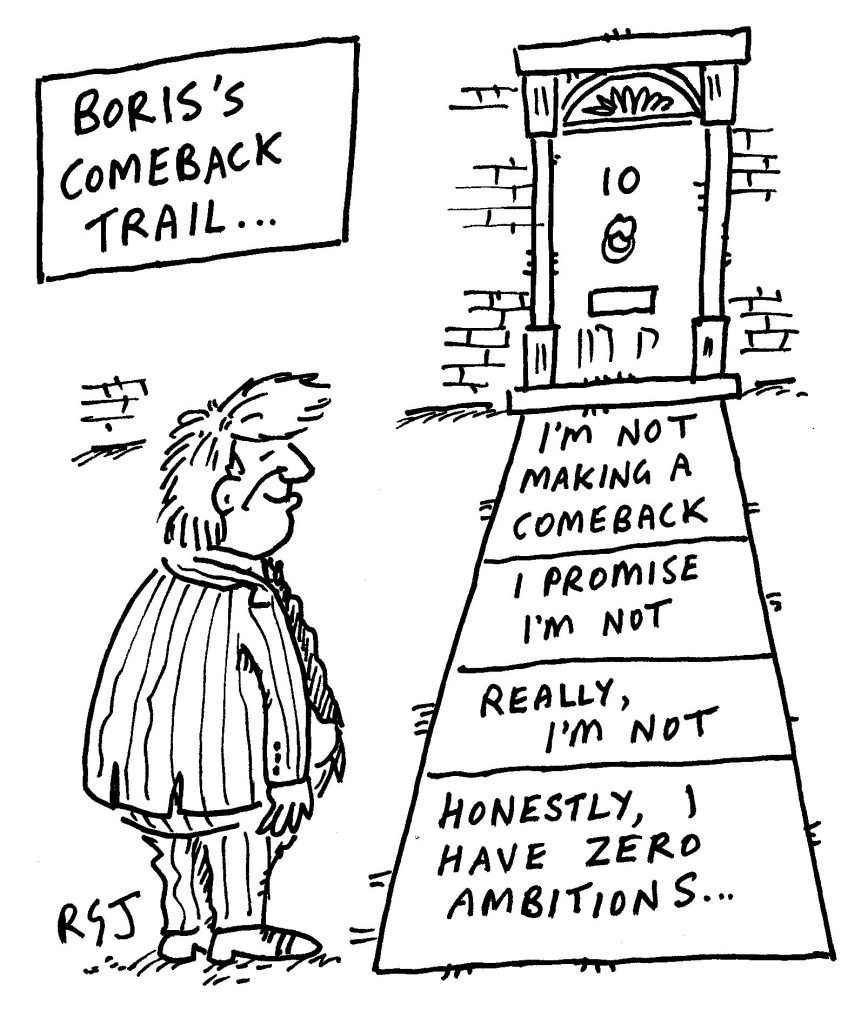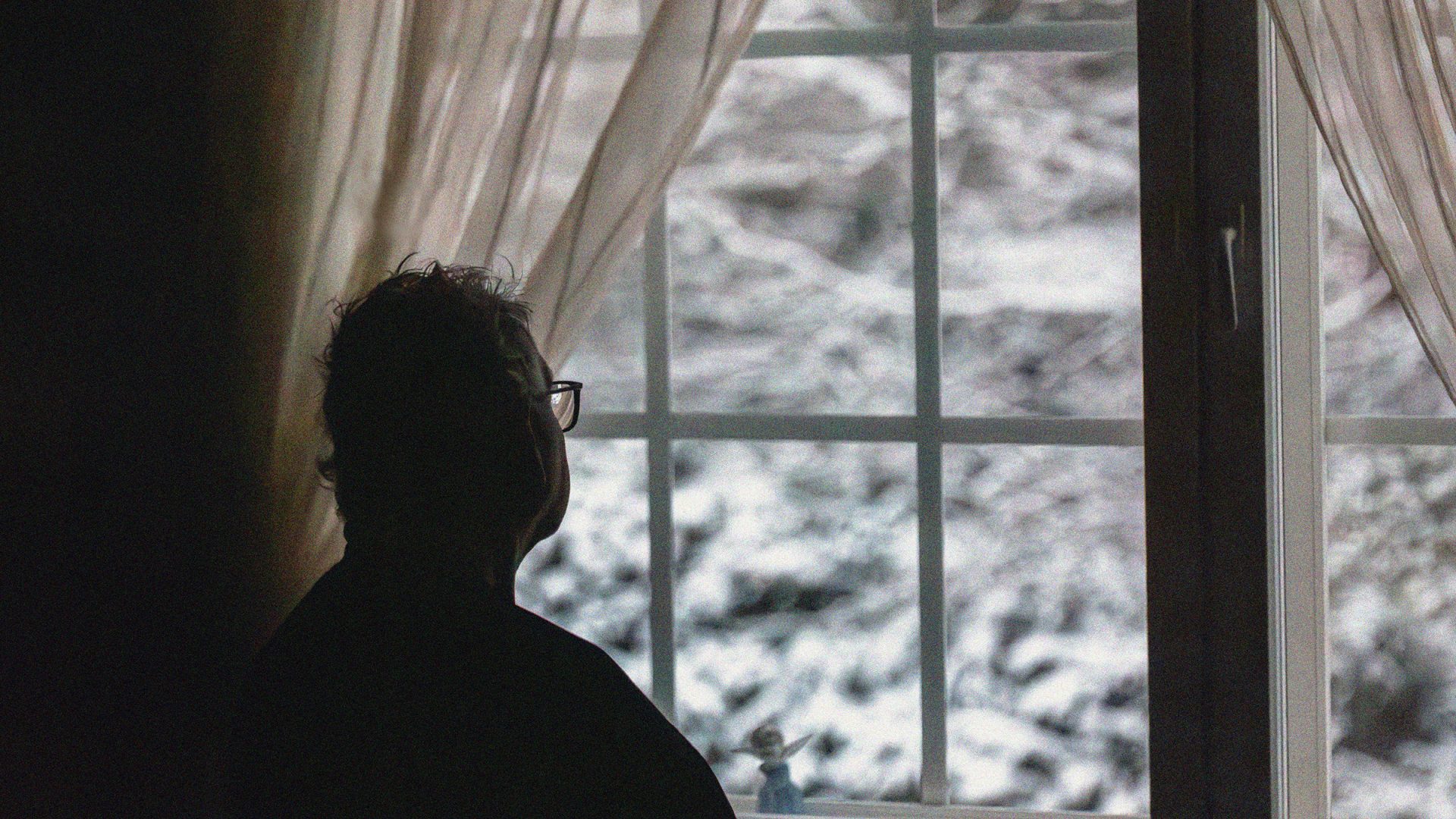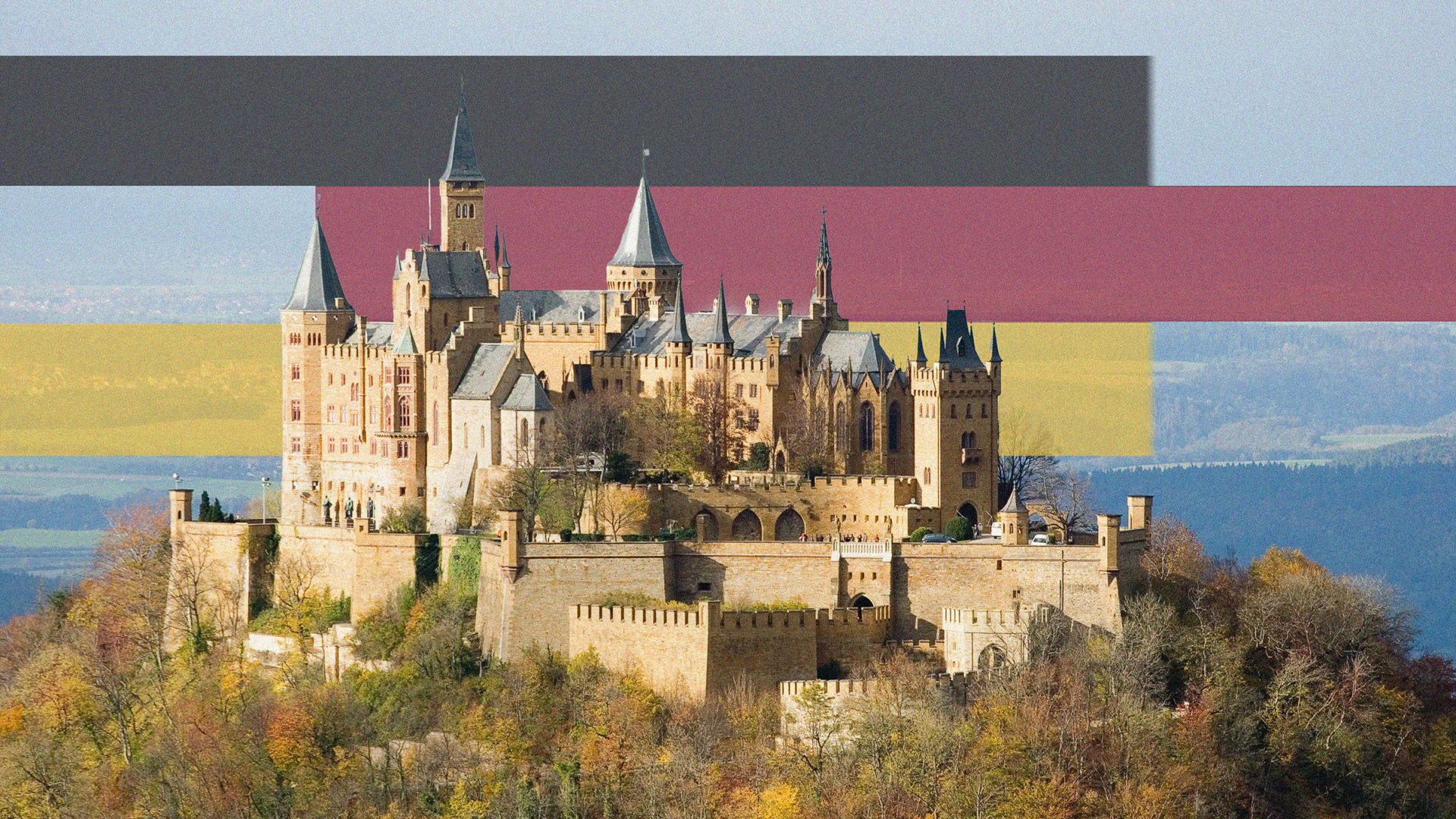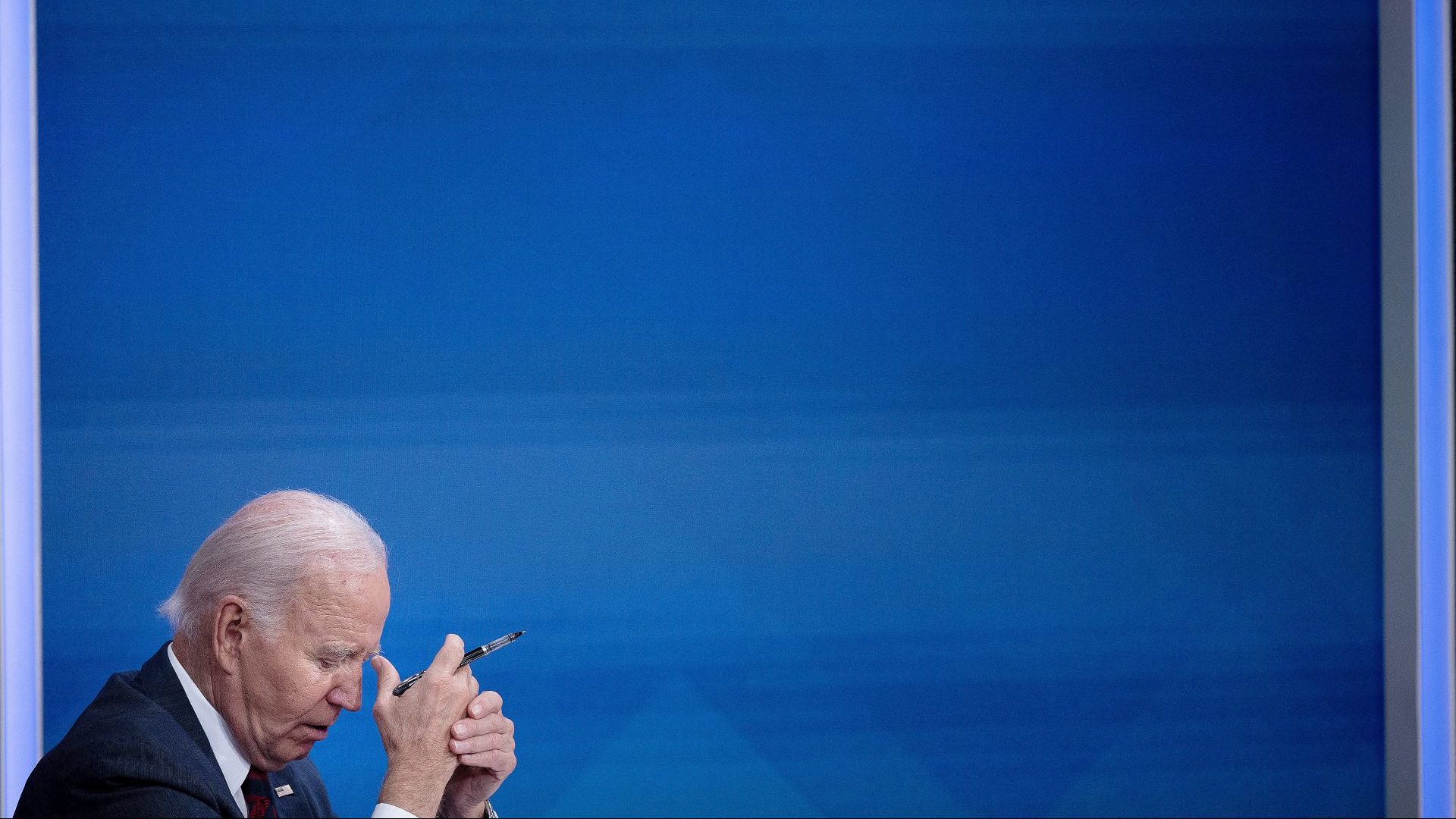On Monday morning, as news broke of the UK’s reset deal with the EU, I tweeted this:
“Despite all the damage Brexit has done, despite all the lies told and the promises broken by the charlatans who led the fight for it, despite all the bullshit fake patriotic coverage in the right wing rags over decades, the broadcasters continue to take their lead from the same people and papers who got us into the mess in the first place. The real surrender has been to their lies and propaganda. We will only properly fix the mess if we admit the scale of it and start to put those who led the campaign for it under the kind of scrutiny and pressure from which the media and mainstream political class has inexplicably spared them.”
I’m pleased that both sides have shared a determination to bring down some of the trade barriers that NASH (National Act of Self-Harm 23/06/16) erected. And while we’re talking big and bold, I think the time was ripe too for a big, bold swallow, and Keir Starmer’s announcement of a reversal of the winter fuel allowance cuts.
Not for people like me – yes, yes, I know… you can’t believe I am a pensioner – because I think people don’t object to ending the universal nature of the payment. But of all the things that the Labour government has done, this is the one that has done the most political damage, and it continues to do so. Some U-turns can get you back on the right road.
A busy week on the podcast interview front… Jacinda Ardern, Ed Miliband, and Arab Barghouthi. I’m guessing you’ve all recognised the first of those two names – Jacinda the former New Zealand prime minister, who is about to publish her highly emotional autobiography (spoiler alert, I really like it, but I’m biased, because I really like her); and Ed the former Labour minister and former Labour leader who lost an election but stayed around in frontline politics and is now the Cabinet minister charged with stopping the planet burning to death.
The third name, I suspect, may be less familiar to you. Arab Barghouti knows that we interviewed him not because of who he is, but because of who his father is. So why not interview the father instead, you wonder? The answer is that Marwan Barghouthi has been in an Israeli jail for more than 20 years, and just as it’s impossible for us to get into Gaza right now, ditto the jail where our interviewee’s dad has spent much of his time in solitary confinement.
He too may not be familiar to all of our readers. But in the Middle East Marwan Barghouthi is a household name, to many a hero, and to some – including Israeli politicians more moderate than those driving the current government – the man who could and should be the leader of the Palestinian people.
As the horror and brutality of the Hamas attacks of October 7 unfolded, Rory Stewart and I decided that we should use the Rest Is Politics platform to try to explain the history of the conflict and the political complexities, and seek to be fair and balanced in our approach to all sides. We got plenty of plaudits for that effort, Rory’s explainer of the history getting shared and viewed many millions of times, but also lots of flak; supporters of Israel sometimes felt we were apologists for terrorists, supporters of the Palestinians were more likely to suggest we were too soft on the Israeli government.
But what started out as a fight between Israel and Hamas is now a fight by the government of Israel against the Palestinian people. What qualifies as genocide is a question for international law. However, that the far-right extremists in the Israeli government, led by Itamar Ben Gvir and Bezalel Smotrich, are acting with genocidal intent, can hardly be disputed; that intent is evident pretty much every time they open their mouths.
One reason diplomats and politicians are attracted to the notion of President Marwan Barghouti is his lifelong commitment to a two-state solution which recognises Israel – he is fluent in Hebrew, which he learned in prison, and has built good relations with many Israeli politicians in the past – and his rejection of the taking of civilian life in the fight for the Palestinian cause.
I strongly recommend you listen to Mr Barghouti Junior – the interview is out on our LEADING channel now – not just for the family story, but for his account of what life is really like for Palestinians in Gaza and the West Bank, and the suffering being deliberately inflicted upon them. I also urge the Israeli government media team to listen too, and understand that sometimes you can get your points across better by speaking softly, clearly and calmly, rather than just hammering pre-prepared talking points, and attacking the questioner when you don’t like the question.

Amid the bling, and the bung of a free Boeing 747, and the billion-dollar business deals, there was a lot of substance in Donald Trump’s tour of the Gulf. That impression was perhaps reinforced by my new Trump-consumption tactic – I read rather than watch his speeches. The stomach churns a little less when you are not confronted by the whole monstrous picture. Strip away the usual BS and bluster, and his big speech in Riyadh was interesting, well-argued, and with a lot of food for thought.
The historic stand-out moment from the trip, à mon avis, was his meeting with President Ahmed al-Sharaa, and his announcement that sanctions were to be lifted on Syria. Just three months ago (with apologies for another podcast plug, but it is relevant), we interviewed al-Sharaa, and though it was clear getting sanctions lifted was his big goal, he had little expectation that it would happen any time soon. And here we are, it’s done, cue dancing in the streets of Damascus.
The same people who have been giving me and Rory Stewart grief for being too hard (sic) on Israel were livid that we travelled to Syria to talk to al-Sharaa. Yet Trump lifts sanctions, praises to the skies a man who not long ago had a “Most Wanted” multi-million bounty on his head, tells him how strong and handsome he is to boot, and largely pulls it off without opprobrium.
Trump is nothing if not unpredictable, if I may mangle a mouthful of negatives. This particular piece of unpredictability strikes me as a risk worth taking.
I’m not a big fan of awards ceremonies – black tie, usually too long, often cringe acceptance speeches – but I always make an exception for the Sport Industry Awards. I have been a judge, which gave me a great insight into the scope, scale – and impact – of the industry, and all it contributes to the UK.
At this year’s awards I presented the Integrity and Impact Award to a wonderful man named Mel Young, a homelessness campaigner. In his acceptance speech, Mel, a soft-spoken Scot, summed up his approach to life by saying that just because you can’t do everything, you mustn’t do nothing… you do something. His something was founding the Homeless World Cup in 2003, since when more than 100,000 homeless youngsters, across 74 countries and 450 cities, have been given the chance to take part in an international sports tournament. That of itself does not put a roof over their heads. But it gives them a chance, and plenty have seized it.
The Lifetime Achievement Award went to boxing promoter Frank Warren and the Outstanding Contribution Award to cyclist Sarah Storey. She has won 19 Paralympic gold medals, and if she stays fit Los Angeles 2028 will be her TENTH Paralympics. Given the general British hopelessness at learning foreign languages, it was good to hear her explain how she won that last medal in Paris. She was up against a “young French wonderkid,” and as they chased each other around the track, she could hear her rival’s coach bellowing out tactical instructions.
Doubtless the Frenchman assumed that Sarah was just your average Brit who didn’t bother with other languages, because English is King. Little did he know!




